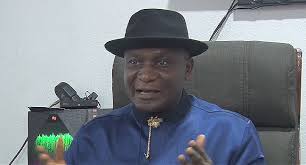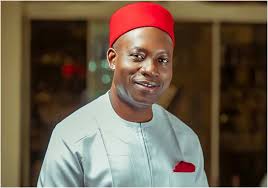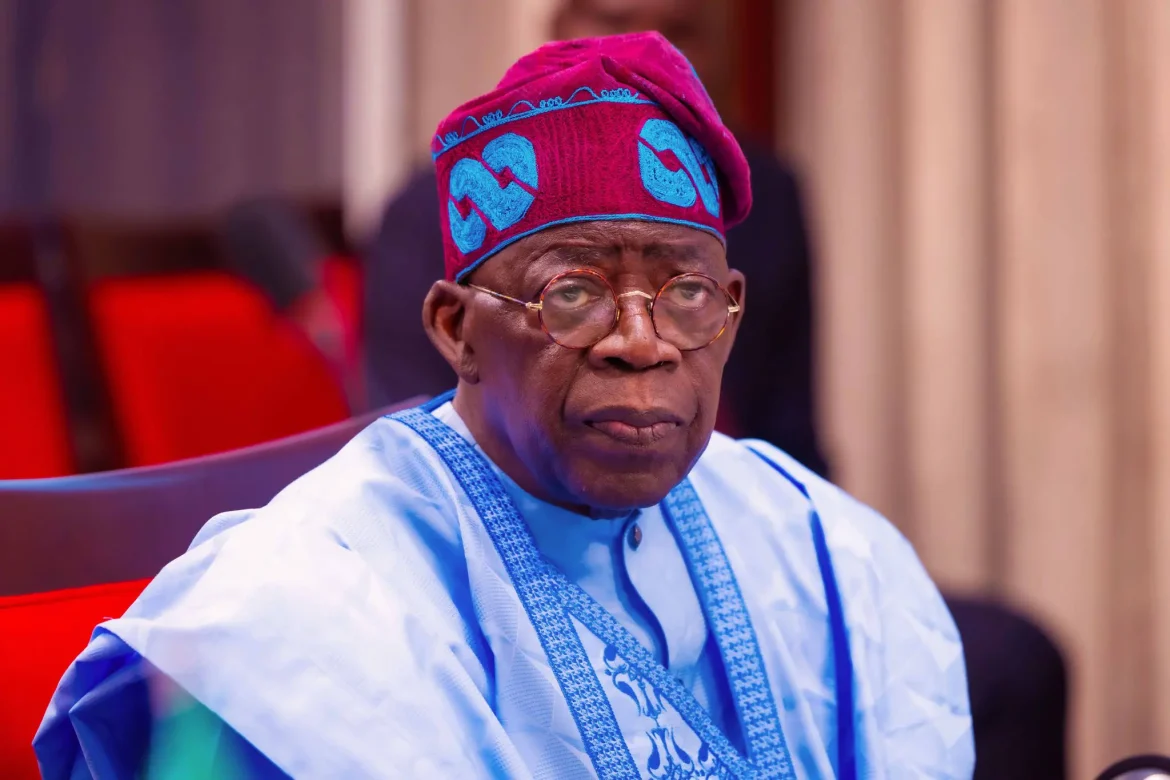By; Jerome-Mario Utomi
I recall vividly how Kandeh Yumkella, a former Director-General, United Nations Industrial Development Organization (UNIDO) and former presidential aspirant in Sierra Leone, during a symposium with the theme: ‘Leadership and Performance in Africa; the challenges of the continent’s economic competitiveness’ organised by the Centre for Leadership and Value, (CVL), February 2018, in Lagos, where he spoke as the keynote speaker, argued that the prerequisite for public leadership must transcend common sense to accommodate sound/ formal education, submitting that banking on common sense alone may be defective as it has a limit it can go.
Seven years after that thought-provoking keynote address was delivered, the content of that lecture, particularly its insistence on sound education as a prerequisite for public leadership, recently made more sense to me after listening to the Chairman, Governing Board of the Niger Delta Development Commission (NDDC), Mr Chiedu Ebie, during a media chat where he highlighted the positive impact of the Niger Delta Development Commission’s (NDDC) leadership on peace, stability, and infrastructural progress in the Niger Delta region., and emphasized the NDDC’s achievements since 2024, including a harmonious working relationship with stakeholders, strategic interventions,.
Essentially, his interaction, as subsequent paragraphs will reveal, not only aligned with Kandeh Yumkella’s aforementioned position but more than anything else affirmed Ebie and the entire NDDC’s Governing Board as what I term, “the 5G Thinkers”- eggheads who are capable of seeing beyond immediate challenges and collaborating with counterparts to deliver meaningful progress to the region and its people through critical need-based assessment, building case plan, implementing strategic interventions, and regularly reviewing progress to ensure effectiveness.
Ebie said: For us, our key achievement, first and foremost, which is what many people will take for granted, is peace and stability within the board and the commission. “In the past, you know, NDDC was always in the news for the wrong reasons. But I’m proud and confident to say that in the one year that we’ve been there, it has been very peaceful, coexisting within the board and then, for everybody that has to do with the commission.
“Another achievement also is that we have created a very harmonious working relationship,”.
‘’On seamless interface with critical Niger Delta stakeholders, Mr Ebie said pragmatic leadership made it easier, noting, “Have we been able to achieve that? We sat amongst ourselves and said ‘we must engage the stakeholders, periodically.
“So, about six months into our tenure, we conveyed a Niger Delta Stakeholder Summit which was held in two days in Port Harcourt. In July, we had critical stakeholder engagement ranging from the private sector to top government officials, to ethnic nationalities, and so on. We keep those engagements going.
“We’ve also engaged with the youth groups as well. I think we’ve had two such engagements with the youth group. So, in terms of stakeholder management, the day-to-day administration of the commission is led by the Managing Director/Chief Executive, Sam Ogbuku who I will say, has done an excellent job. We on the board, as a non-executive chairman, we superintend over the board and by extension, we supervise over the activities of management. So, we’ve worked to create that harmonious working relationship and at the same time, engage the stakeholders. So, that’s in terms of management and administration,” the NDDC chairman stated’’.
“There is a whole load of programs by the commission, which as we all know, is an interventionist agency. Sometimes, people tend to mistake NDDC for a tier of government. They make it seem as if NDDC is a tier of government but it’s an interventionist agency. In doing that, one of the things we will seek to achieve is to also make sure that we conduct empowerment. Now, the main one which we sat down and put together is Project Hope, which stands for holistic opportunities, programs and engagements. This is built around meticulously crafted programmes which include agriculture, entrepreneurship, internship, music and arts’’.
‘’ I’m glad that the Niger Delta light project has made a desired impact. Power continues to be one of the biggest problems in Nigeria today. And so, we saw this as a quick win. Yet again, it is in sync with global trends, moving away from fossil fuels to green energy or renewable energy. We are glad that it’s doing what we intended for it to do. We will keep trying and we will keep doing everything we can to see how many communities we can light up within the Ika nation’’.
Aside from expressing joy that the Niger Delta light project has made a tremendous, desired impact- an unprecedent and remarkable feat that must be celebrated particularly by all well-meaning indigenes and residents of Ika Federal Constituency- the former Secretary to Delta State Government also disclosed that most communities in that constituency will enjoy the benefits of rural electrification. This will in turn help boost economic and social activities which make life and living easier and softer. With most communities illuminated, at night, crimes and criminals will no longer have hiding places. The trickle-down effects will be massive’’.
‘’One of the things we discussed recently, the Managing Director and I, was in terms of the maintenance of these streetlights. They have a lifespan of between three to five years. So, we’re trying to put in place a maintenance scheme. So, by the time we’re getting to year three and most of them start fading off, we can tackle them and make sure that we extend the lifespan. So, we’re looking at how we can put maintenance contracts in place and how we can double the duration of these lights. Now, we have challenges with a lot of our roads and we’ve had to intervene with even the federal roads. For instance, we intervened in the Benin-Warri Road’’.
Continuing, the NDDC Board Chairman said: “This Uromi road is part of a long stretch of roads that start from Eku or Sapele in Delta state and goes all the way up to Edo state. And just a few days, we were talking about intervening around the Abavo- Obiaruku stretch of the roads because presently, you can’t even go through that road. So, interventions that we’re looking into, we must discuss and talk with the federal government or if it is a state road, we must discuss with them. But locally, within us here, the Ute-Erumu, Ekuku-Agbor Road has gone very bad, and has been scoped. And I think an emergency intervention program is going to come into effect very soon. So, we will continue to partner with whatever tier of government to ensure that we provide solutions to problems that we’re confronted with”.
“Delta state for instance, we have started actively pursuing a collaboration with Chevron for the Omadino-Escravos road, which is a big-ticket project. We included in not too far from here, Delta North, what would be considered a very strategic project for the people of Delta North. Also, scrabbling down to Delta South is the Oko/Uchi/Abo and Abare roads which we intend to embark on. “First, we’ll explore the engineering designs. So, those are big ticket projects, legacy projects, when we look back, we know that yes, we’ve been able to do something for the people of the region. Also, We have received a lot of support from the different stakeholders and we continue to ask that they give us their support and the understanding that is needed’’
Without doubt, Niger Deltans in particular and Nigerians in general celebrate the agency’s achievements of infrastructural provision, stakeholders’ engagement, human capital development and agricultural programmes that guarantee food security in multi-sectoral areas as a way of improving the living standards of the people based on understanding that for any socio-economic development to take place in line with President Ahmed Bola Tinubu Renewed Hope Agenda.
Utomi, a Media Specialist writes from Lagos, Nigeria. He could be reached via Jeromeutomi@yahoo.com/08032725374.







